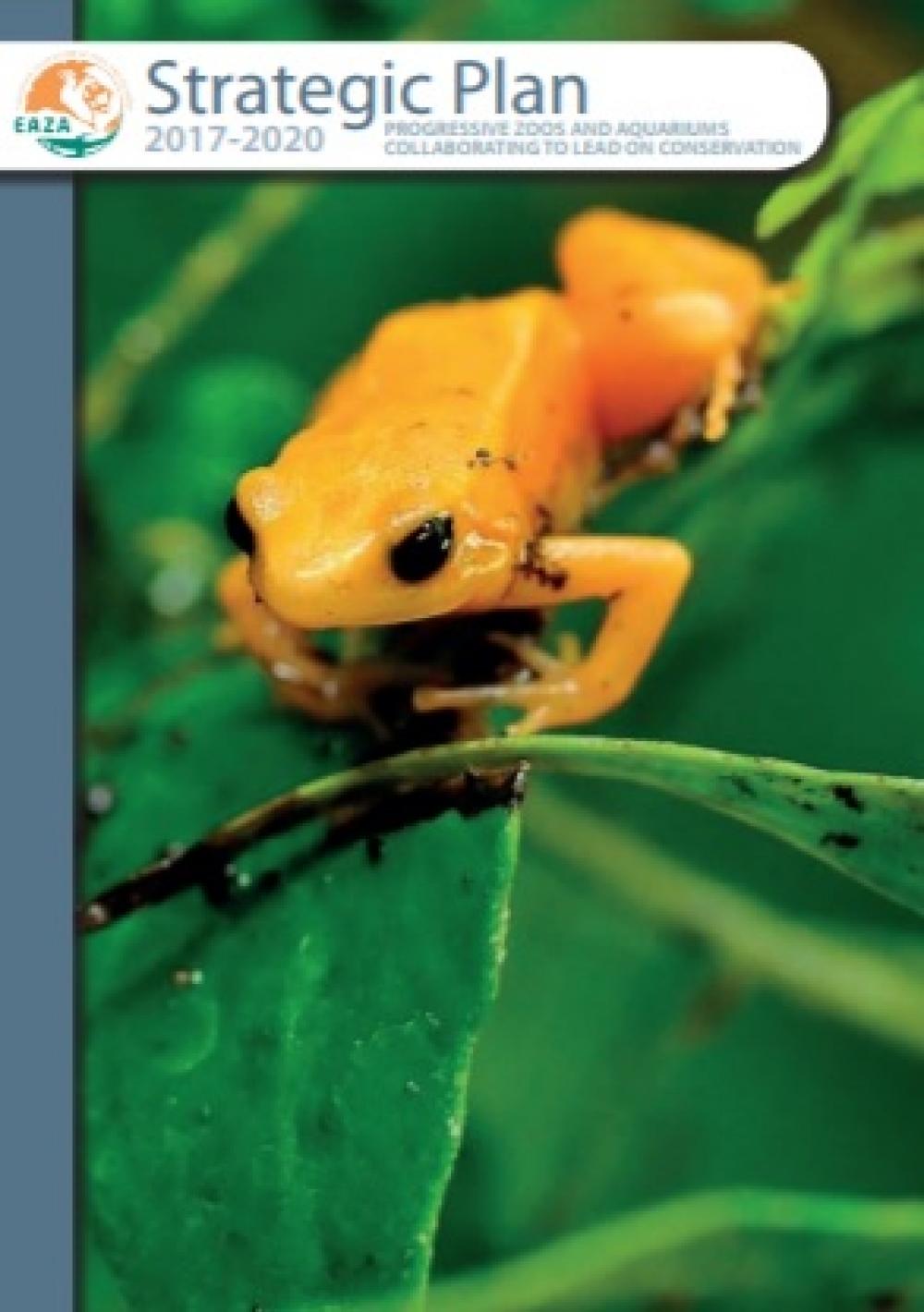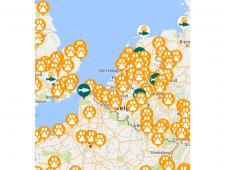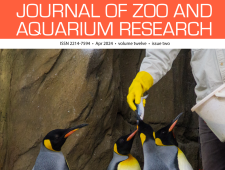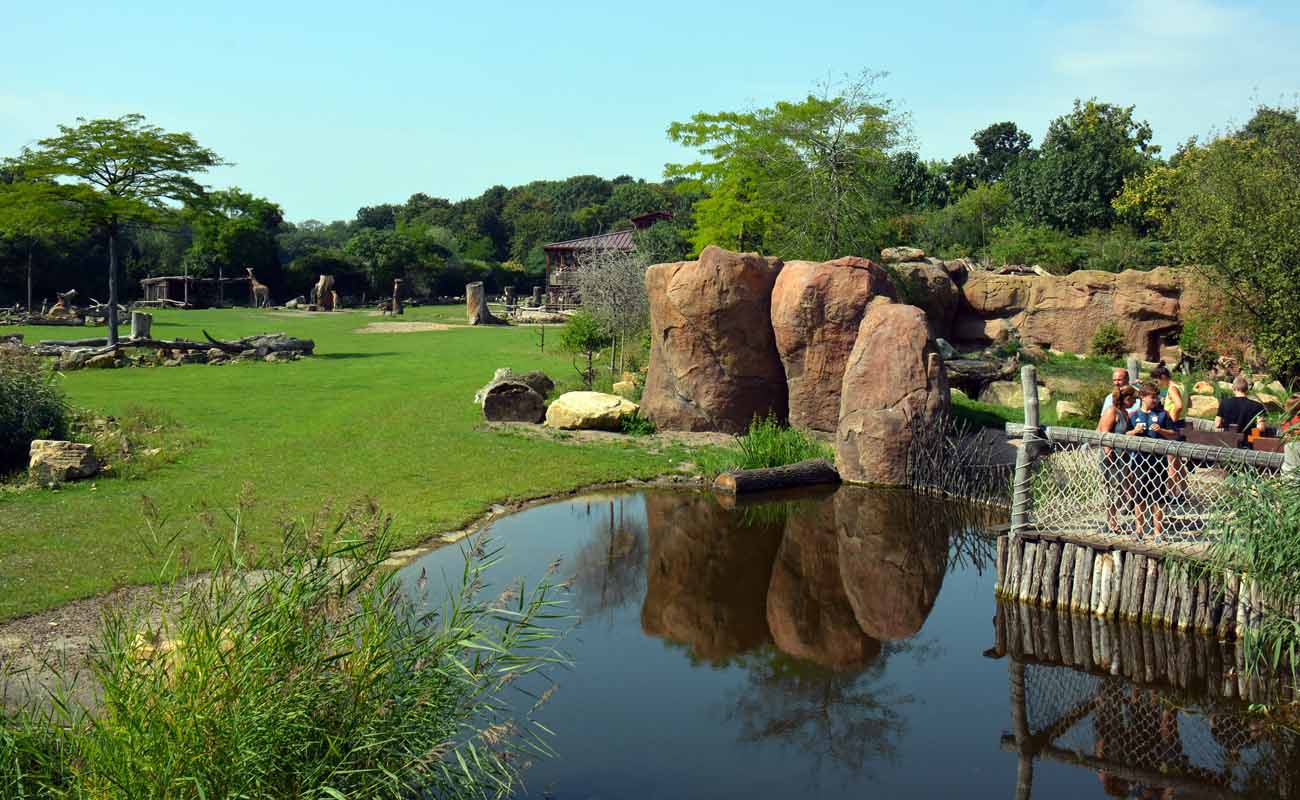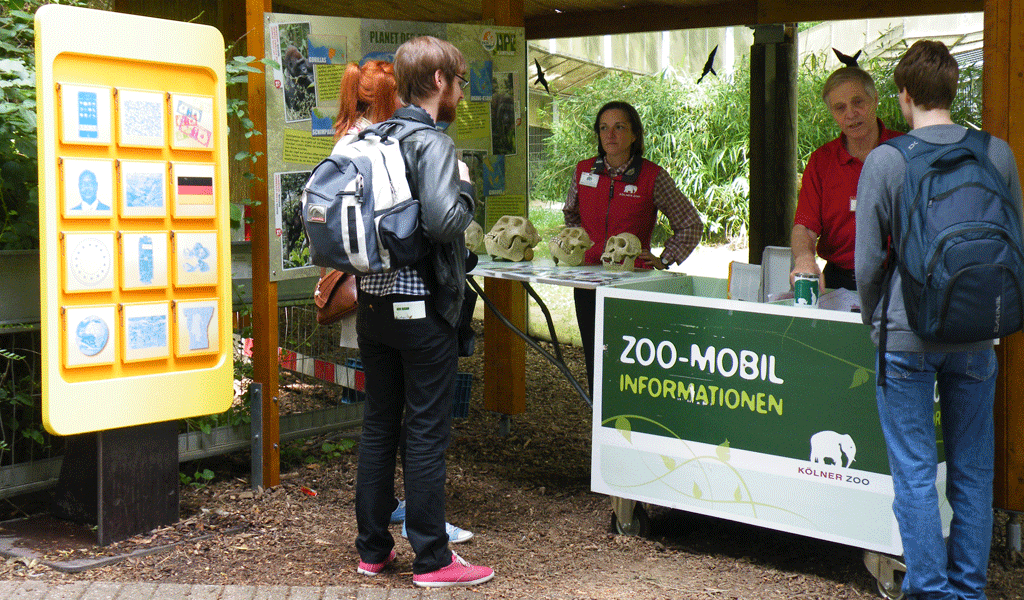Paths to Discovery
EAZA members strive to provide opportunities for learning about the natural world and our place within it – and these opportunities come in many forms that reflect the latest thinking in how people learn effectively. Education at EAZA zoos and aquariums is not just about sharing knowledge of the natural world: it’s about involving people in conservation, and helping them form connections that will benefit not only animals and their habitats, but also help people to learn more about themselves.
EAZA further believes that the emotional power of an animal encounter is a major factor in persuading people to live sustainably, respectfully and altruistically. In an age where the values we need to promote to maintain our planet are under constant attack from materialism and the profit motive, meeting animals can reinforce our sense of belonging to a wider, more wonderful world; these encounters remind us, even in the face of constant advertising and information overload, that a future populated by a wide diversity of animals and plants is more important than buying the latest smartphone.
We aim to talk to our visitors at this wondrous opportunity, presenting a message united across all of our institutions: When it comes to safeguarding the future of the natural world, you and your community matter.
Learning in Zoos and Aquariums
EAZA institutions provide a unique experience for people – the opportunity to see, hear and smell wild animals from their local environment and all over the world. Educators make the most of these encounters by helping people to understand why animals have evolved to be as they are, how they shape the world around them and the relationship they have with human populations who live in the same areas. Learning about animals and their habitats awakens empathy with the natural world and helps people to access their intrinsic values and foster a sense of responsibility and stewardship.
Within a zoo or aquarium there are many opportunities for leaning, understanding and connections to nature to take place. From formal classroom sessions to informal encounters with zoo staff, everyone working in a zoo or aquarium has the opportunity to stimulate an interest in the natural world
Beyond the Classroom
Education by zoo professionals isn’t limited to the zoo or aquarium. Field conservation projects very often have an educational aspect that helps human populations in the conservation area better understand the animals around them – often leading to the mitigation of human-animal conflicts that have existed for hundreds or thousands of years. Closer to home, education projects run from our member zoos and aquariums also help students from less privileged backgrounds connect with a natural world of which they may have little or no experience – a connection that can change drastically their sense of themselves and their surroundings.
In addition, educational initiatives based on our conservation campaigns can have a significant effect in raising awareness of issues such as climate change, bushmeat and the illegal trade in wildlife – issues that need the attention of everyone if we are to solve them.
EAZA Conservation Education Committee
The EAZA Conservation Education Committee oversees the Association’s work in education, and organises the biennial EAZA Education Conference – a forum for the discussion of our experiences in involving people in conservation and the natural world, the latest thinking in educational practice, and how we can combine these to provide the very best learning experiences for all.
The Conservation Education Committee, one of the Specialist Committees of EAZA, keeps a close watch on new developments relating to this area and stimulates a high level of education in the EAZA membership. Members of this committee are diverse educational specialists from zoos throughout Europe. A European Board member of IZE (International Zoo Educators) is also a member of the EAZA Education committee.
One of the areas which the EAZA Conservation Education Committee focuses on is Visitor Studies. The committee recognises the value and importance of evaluating the educational work zoos and aquariums are involved in. The committee works with the EAZA Academy to deliver training in this area. A very useful bibliography of visitor studies 'Looking at People Looking at Animals' carried out at a variety of institutions can be accessed below.

Strategic aims
For 2020-2025 the Conservation Education Committee is pursuing strategic aims that closely link to those laid out in the 2020-2025 EAZA strategy,
Focal Area 1: Leading in zoo and aquarium animal management and care by maintaining healthy populations and individuals with positive animal welfare
Focal Area 2: Maximising the conservation impact and engagement of EAZA and our Members
Focal Area 3: Representing the EAZA community alongside appropriate stakeholders at the national, EU and international levels to influence policy and good practice
Focal Area 4: Facilitating, guiding and promoting the values and scientific work of Accredited zoos and aquariums both internally and externally
Focal Area 5: Managing operations to reduce the environmental footprint of EAZA and our Members
The Education Committee's work is primarily concerned with focal areas 2 and 4, but covers the full scope of the EAZA strategy. The committee's aims are also closely linked to supporting the EAZA membership in meeting EAZA's Conservation Education Standards which were updated in 2023.
